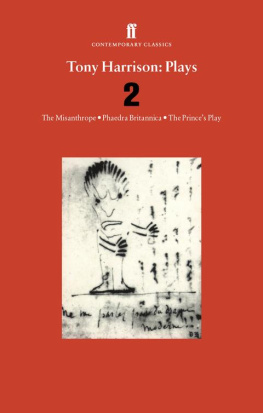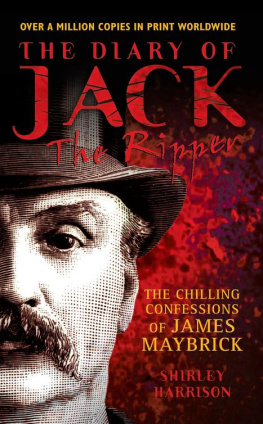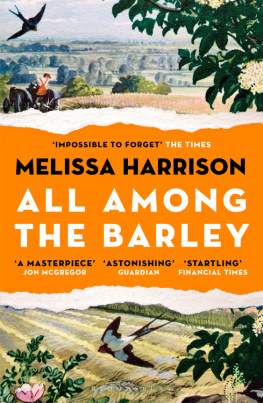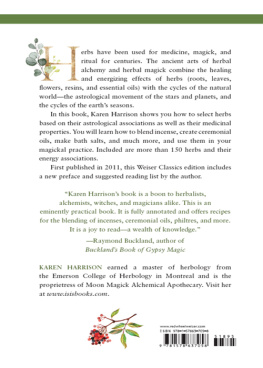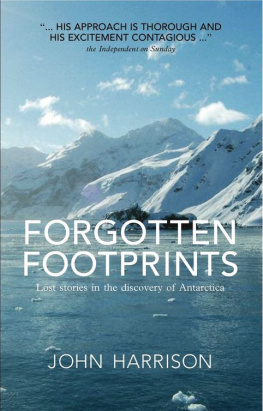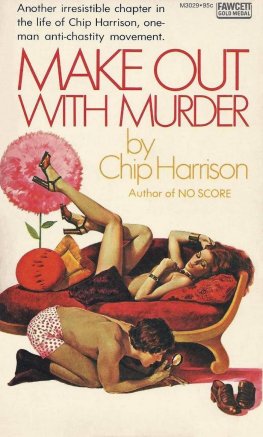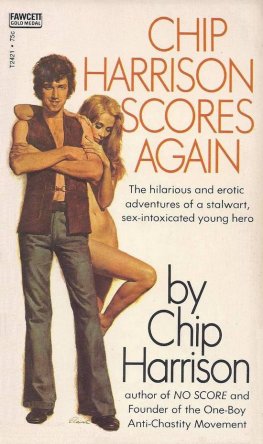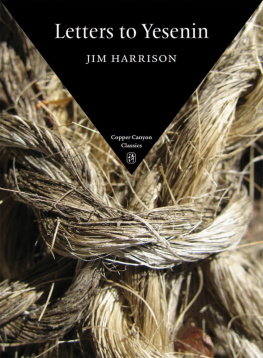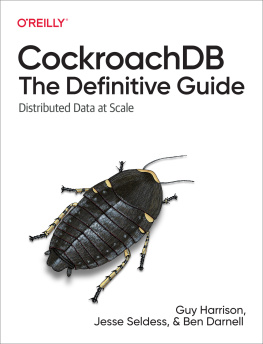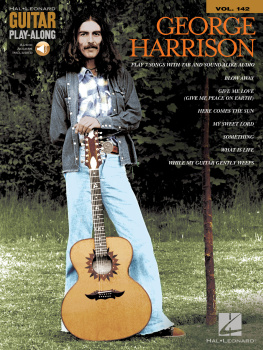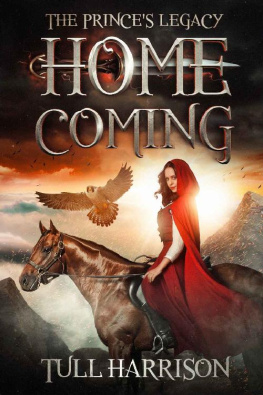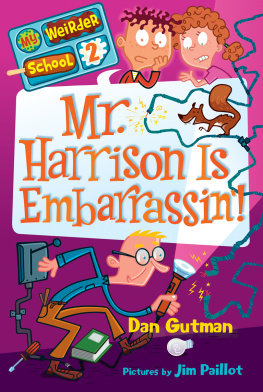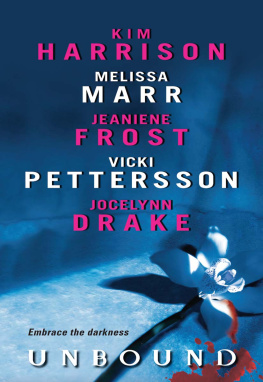Harrison - Tony Harrison: plays two
Here you can read online Harrison - Tony Harrison: plays two full text of the book (entire story) in english for free. Download pdf and epub, get meaning, cover and reviews about this ebook. City: London, year: 2014, publisher: Faber & Faber, genre: Romance novel. Description of the work, (preface) as well as reviews are available. Best literature library LitArk.com created for fans of good reading and offers a wide selection of genres:
Romance novel
Science fiction
Adventure
Detective
Science
History
Home and family
Prose
Art
Politics
Computer
Non-fiction
Religion
Business
Children
Humor
Choose a favorite category and find really read worthwhile books. Enjoy immersion in the world of imagination, feel the emotions of the characters or learn something new for yourself, make an fascinating discovery.
- Book:Tony Harrison: plays two
- Author:
- Publisher:Faber & Faber
- Genre:
- Year:2014
- City:London
- Rating:4 / 5
- Favourites:Add to favourites
- Your mark:
- 80
- 1
- 2
- 3
- 4
- 5
Tony Harrison: plays two: summary, description and annotation
We offer to read an annotation, description, summary or preface (depends on what the author of the book "Tony Harrison: plays two" wrote himself). If you haven't found the necessary information about the book — write in the comments, we will try to find it.
Tony Harrison: plays two — read online for free the complete book (whole text) full work
Below is the text of the book, divided by pages. System saving the place of the last page read, allows you to conveniently read the book "Tony Harrison: plays two" online for free, without having to search again every time where you left off. Put a bookmark, and you can go to the page where you finished reading at any time.
Font size:
Interval:
Bookmark:

Once the transition had been made other adjustments had to follow. The sonnet I first wrote for Oronte has now been replaced by something closer to my own experience of todays poetaster. To adapt what John Dryden, one of my masters and mentors in the art of the couplet, said of his great translation of Virgils Aeneid, I hope the additions will seem not stuck into Molire, but growing out of him: no more intrusive, that is, than the sackbut, psaltery, and dulcimer the Jacobean translators of the Bible introduced into the court of Nebuchadnezzar, or the Perigord pies and Tokay that the anonymous translator of 1819 introduces into his version of Le Misanthrope. That same version seems to base its Clitandre on Lord Byron. I have used contemporary, but less talented models. The version itself is my form of exegesis.
I was educated to produce jog-trot versions of the classics. Apart from a weekly chunk of Johnson, Pitt the Younger and Lord Macaulay to be done into Ciceronian Latin, we had to turn once living authors into a form of English never spoken by men or women, as if to compensate our poor tongue for the misfortune of not being a dead language. I remember once making a policeman in a Plautus play say something like Move along there, only to have it scored through and Vacate the thoroughfare put in its place. This tradition lingers in the verse versions of the nineteenth and twentieth centuries. This is a typical piece of ripe Virgilian translation: Penthesilea furent, the bands leading Of lune-shield Amazons, mid thousands burns, Beneath exserted mamma golden zone Girds warrior, and, a maid dares cope with men. That would have earned some marginal VGs from my mentors.
With the help of Gavin Douglas, John Dryden, Ezra Pound, and Edward Powys Mathers I managed to escape from all this into what I hope is a more creative relationship with foreign tongues. So my translation, when I do it now, is a Jack and the Beanstalk act, braving the somnolent ogre of a British classical education to grab the golden harp. The problems of the academic coming to grips with a classic of foreign literature, in this case some three centuries old, puts me in mind of Francis Galton, the cousin of Charles Darwin, on his travels in Damaraland, southern Africa in 1851, who wishing to measure the phenomenon of steatopygia in what he called a Venus of Hottentots, but restrained by Victorian pudeur, took a series of observations with his sextant, and having obtained the base and angles, proceeded to work out the ladys intriguing endowments by trigonometry and logarithms. The poet, and the man of the theatre, have to be bolder and more intimate. The salient feature of Molires verse is its vigour and energy, rather than any metaphorical density or exuberant invention, and it is this which gives his verse plays their characteristic dramatic pace. In Le Misanthrope the effect of the rhyming couplet is like that of a time-bomb ticking away behind the desperation of Alceste, and Climnes fear of loneliness.
The relentless rhythm helps to create the tensions and panics of high comedy, and that rire dans lme that Donneau de Vis experienced on the first night of the play in 1666. The explosion never comes. But the silence, when the ticking stops, is almost as deafening. There is an almost Chekhovian tension between farce and anguish. To create this vertiginous effect verse (and rhymed verse) is indispensable. Neither blank verse nor prose will do.
I have made use of a couplet similar to the one I used in The Loiners, running the lines over, breaking up sentences, sometimes using the odd half-rhyme to subdue the chime, playing off the generally colloquial tone and syntax against the formal structure, letting the occasional couplet leap out as an epigram in moments of devastation or wit. My floating s is a way of linking the couplet at the joint and speeding up the pace by making the speaker deliver it as almost one line not two. And so on. I have made use of the occasional Drydenian triplet, and, once in Act Three, of something I call a switchback rhyme, a device I derive from the works of George Formby, e.g. in Mr Wu: Once he sat down those hot irons he didnt spot em. He gave a yell and cried Oh my Ive gone and scorched my singlet! or Oh, Mister Wu at sea he wobbles like a jelly, but hes got lots of pluck although hes got a yellow jumper! I have also tried both before and during rehearsals to orchestrate certain coughs, kisses, sighs and hesitation mechanisms into the iambic line.
These are sometimes indicated by (/) in the text. An American scholar (forgetting Sarah Bernhardt) said of rhymed translation that it was like a woman undertaking to act Hamlet. A similar, though much more appropriate summary of the kinship between my version and the original was given by my six-year-old son, Max. I know that Molire, he said, with true Yorkshire chauvinism, though he was born in Africa, shes Jane Eyres sister.
I began to feel that I had involved myself in a masochistic enterprise. What the key to Molire in English was I had no clear idea but I had vague notions of what it wasnt. The trouble with many versions of verse plays done by poets is that publication tends to be primary and performance secondary. It has obvious effects on the resulting text. Despite the growth of public poetry readings in the last ten years and the obvious feedback of oral performance into some of the poetry now being written in Britain or the USA, the poet is still very much bound to the private pleasure of the solitary literate. This doesnt help much when it comes to writing for the theatre.
I had to re-examine a great many rhetorical presuppositions. Above all, it seemed to me that, if Molire was to work in English, the verse, while retaining his sort of formality, should be as speakable as the most colloquial prose. The negative idea of rhyme as an obstacle one tried to surmount as best one could, I discarded and tried to think of it in positive terms as a way of continuously throwing the action forward, accelerating the pace of the play when necessary, and controlling the flow in a way that prose could never do. The playing time of a verse version tends to be shorter than an equivalent version in prose, and this is a considerable advantage. From the very earliest drafts of my
Font size:
Interval:
Bookmark:
Similar books «Tony Harrison: plays two»
Look at similar books to Tony Harrison: plays two. We have selected literature similar in name and meaning in the hope of providing readers with more options to find new, interesting, not yet read works.
Discussion, reviews of the book Tony Harrison: plays two and just readers' own opinions. Leave your comments, write what you think about the work, its meaning or the main characters. Specify what exactly you liked and what you didn't like, and why you think so.

